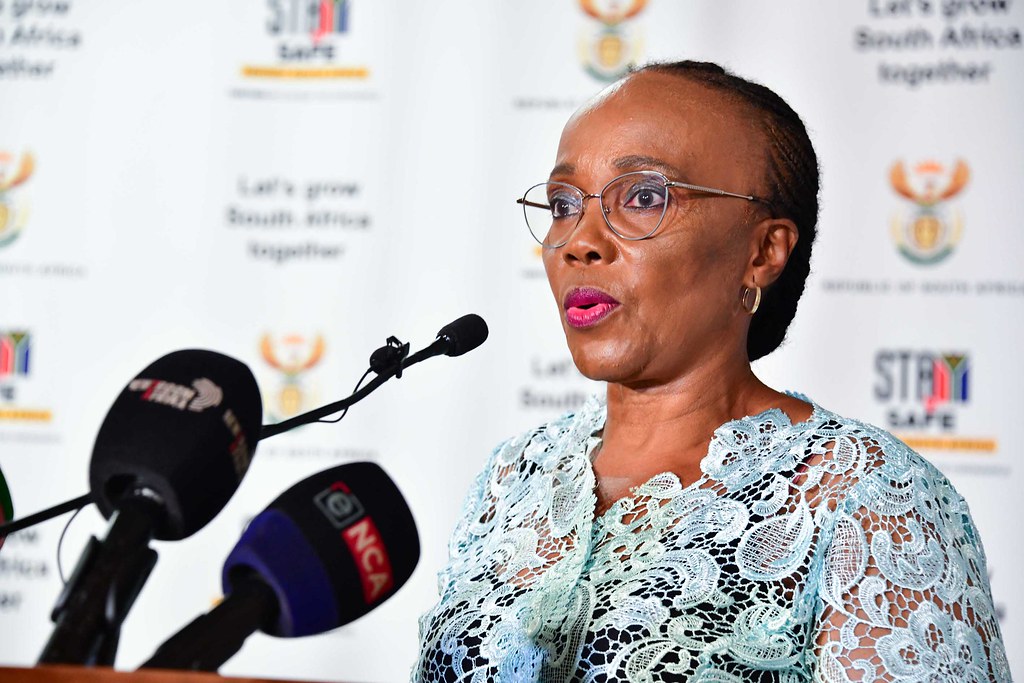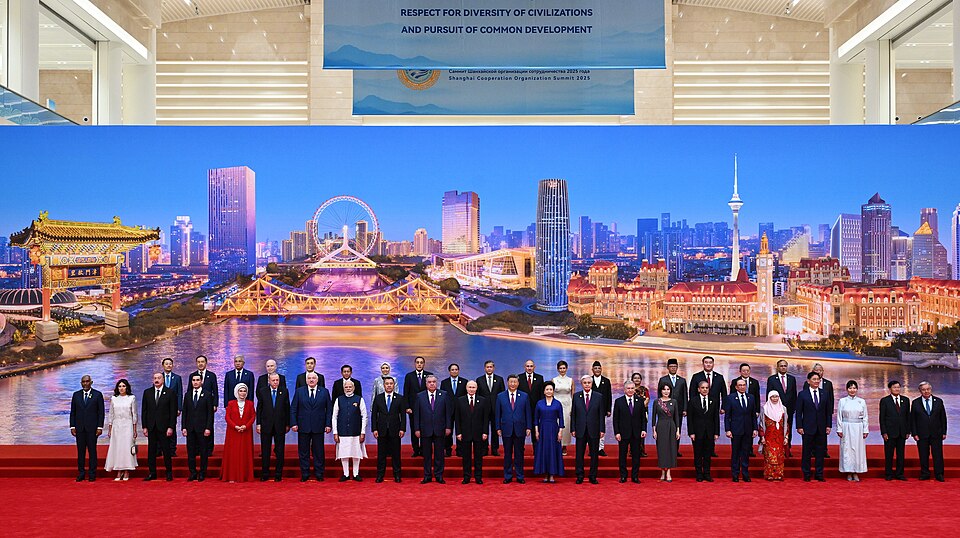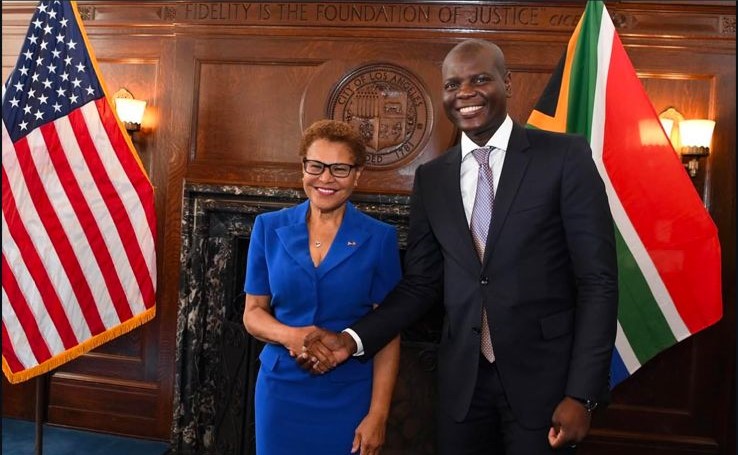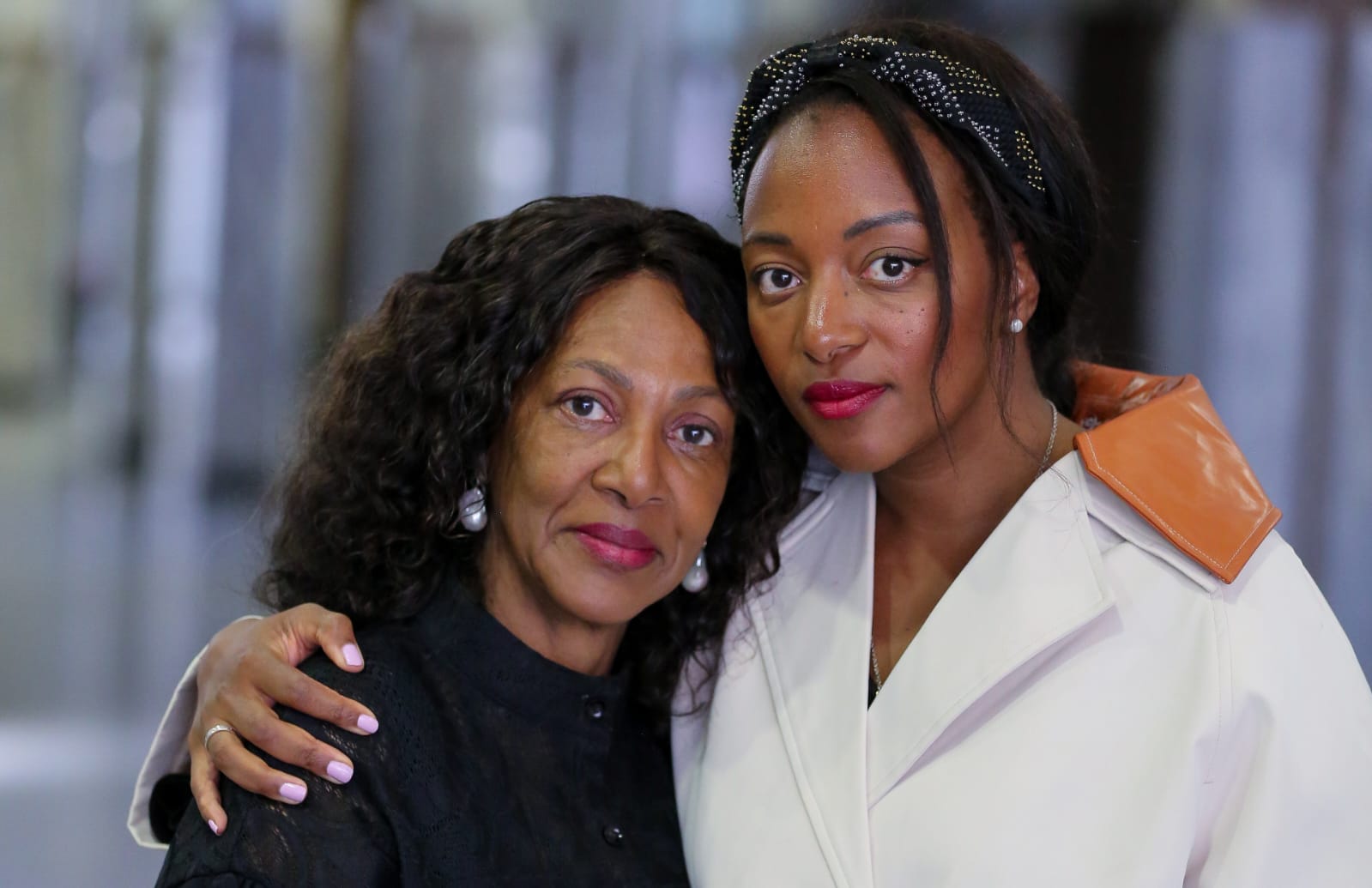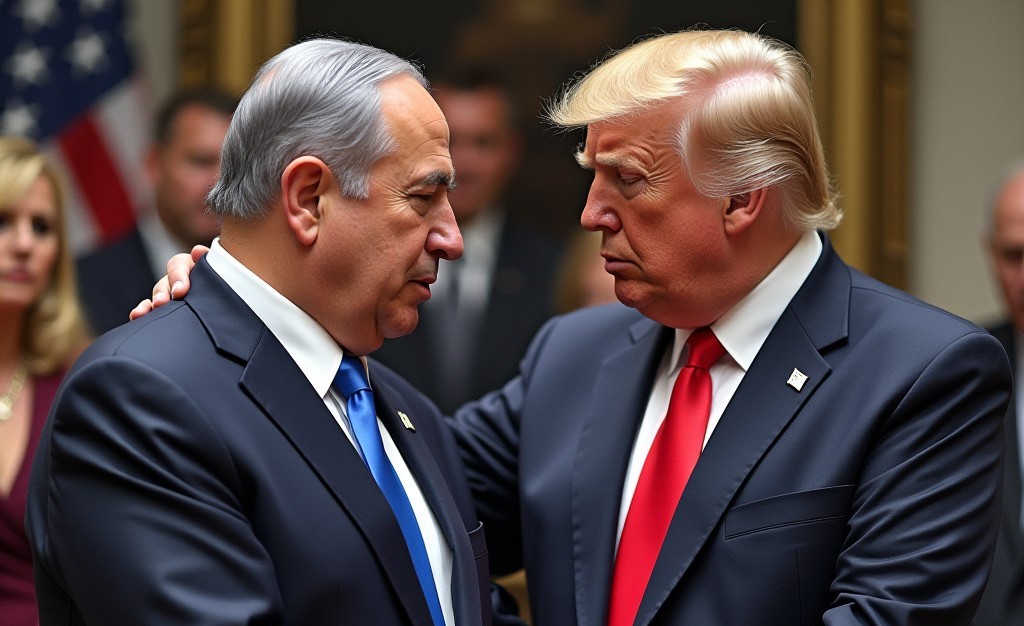Anton Kobyakov, remember the name! He is a soft-spoken, erudite and affable Russian politician who serves as an adviser to the Russian President, Vladimir Putin.
He also serves at the highest echelons of Roscongress, a state-owned enterprise responsible for various strategic initiatives, including international events assemble and management as well.
The unassuming Kobyakov holds a degree in Biology and a PhD in Economics. He is a graduate of the Presidential Russian Civil Service Academy and his official title is “Professor”, although he never takes umbrage with being referred to simply as “Mr Kobyakov”. He has an illustrious career as a civil servant. From 1992-2003 he served as Deputy Governor of Kemerovo Region before proceeding to hold various posts in the Presidential Office from 2005 to this day.

But it is as a political tactician that Kobyakov – born on June 23, 1968 – is better-known across the Russian circles through the length and breadth of the largest country in the world. Russia’s total area stand at 17,098,242 Km2. Russia also has 11 different time zones with its colossal borders.
The 57-year-old academic high achiever works in the Presidential Administration of the Russian Federation with a calm demeanor as a fountain of wisdom. His civil service rank is “1st class state adviser”, loosely translated – an equivalence of the military rank of the Army general or Fleet admiral. Kobyakov’s philosophy of life is rather interesting, if not catchy: “Anything (in life) is either a poison or medicine, depending on the dose,” he told a packed press conference in St Petersburg, Russia’s cultural mecca.
At the recently completed St Petersburg International Economic Forum (SPIEF), Russia’s flagship annual event, Kobyakov was tasked with single-handedly briefing up to a hundred local and international journalists about the outcome of SPIEF 2025.

The event was attended by 24,000 participants from 144 countries, Kobyakov announced. A total of 1060 trade agreements were entered into over the five-days of SPIEF, from June 18-22. The agreements were worth 6.3 trillion Rubles, said Kobyakov. “We are seeing rapid fragmentation of the global economy,” he said.
SPIEF also has a special place for the education and training of the Russian youth. On the last day of the forum each year, the day is dedicated to the young people. This year, 8000 attended SPIEF without paying a single cent. It is part of Russia’s intentional agenda to grow its own timber, develop their young people to become proud Russians who not only learn the art of economic management, but are also truly proud about their Russian identity, values and culture. Kobyakov said about the participating youth: “They come from 220 universities and 660 centres of learning. SPIEF is a special place for the soul of Russia,” he said.

Reflecting on the current state of unpredictable geopolitics, Kobyakov said: “We are witnessing tectonic shifts in the world. We see no international law.”
Since the outbreak of the Ukraine war in 2022, the European Union along with most of the West imposed an unprecedented barrage of sanctions on Russia. However, Kobyakov did not appear at all bothered, just as President Putin had said “the dominance of the West is over” in his remarks at the plenary session the previous day. Kobyakov said: “The EU is moving towards a collapse.”

Kobyakov further said Ukraine was itself a victim of the West’s imperial agenda. “Kyiv is on a tight leash,” he said, before singling out Britain. “The UK has gone too far in managing this conflict.” The focus of the US and EU pushing to boost their military budgets is another example of the West’s disinterest in peaceful coexistence, and desire for continuous conflict that can never defeat Russia anyway. “Russia will never allow any outsider to set their dirty boots on the Russian soil,” Kobyakov warned.
Russia is also opposed to the WTO being granted greater powers. “Same as the WTO (World Trade Organisation),” Kobyakov said. Russia sees such entities as misused tools of the globalists. “Russia stands for sovereignty of states,” he stressed.

In a sense, that explains Russia’s pursuit of partnerships across the nations of the Global South, or Majority World, without any iota of the usual dominance of the West. For example, BRICS countries account for a significant 40% of global trade. Within BRICS nations alone, the population accounts for nearly 50% of the world’s population. India and China are the world’s most populous nations, boasting 1.5 billion and 1.45 billion populations respectively.
Every year at SPIEF, Russia selects one country and bestows on that country the honour of being “Guest Country”. Bahrain was this year’s awardee of the honour. Last year it was Oman. Next year it will be Saudi Arabia’s turn. The trend shows Russia’s strategy to forge closer cooperation with the oil-rich Gulf States and the Middle East.

When a Russian reporter raised a hand and asked Kobyakov about why details were lacking on certain current geopolitical issues, Kobyakov answered as follows: “Looking at you I think you are around my age, and therefore you must have lived through the Soviet times. The motto was (and still is): Do not speak excessively.”
In fact, in May this year Kobyakov opened the 13th edition of the St Petersburg International Legal Forum, where more than 5,600 delegates from 80 countries took part. When addressing the media at the end of the end of the conference, Kobyakov is said to have claimed that the dissolution of the USSR was “legally invalid” and that it therefore still exists.

In that context, consequently, the war in Ukraine is an internal issue rather than an international war, according to Kobyakov.







